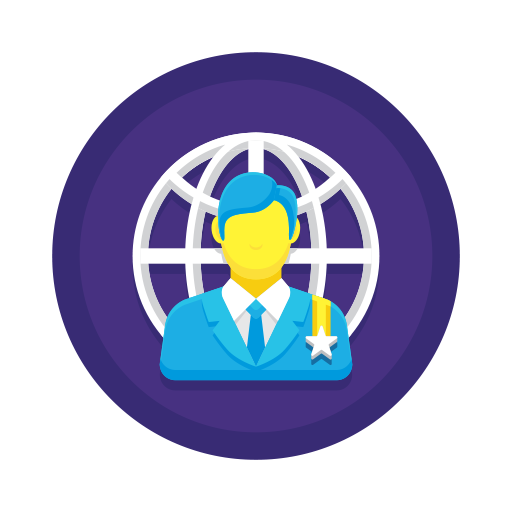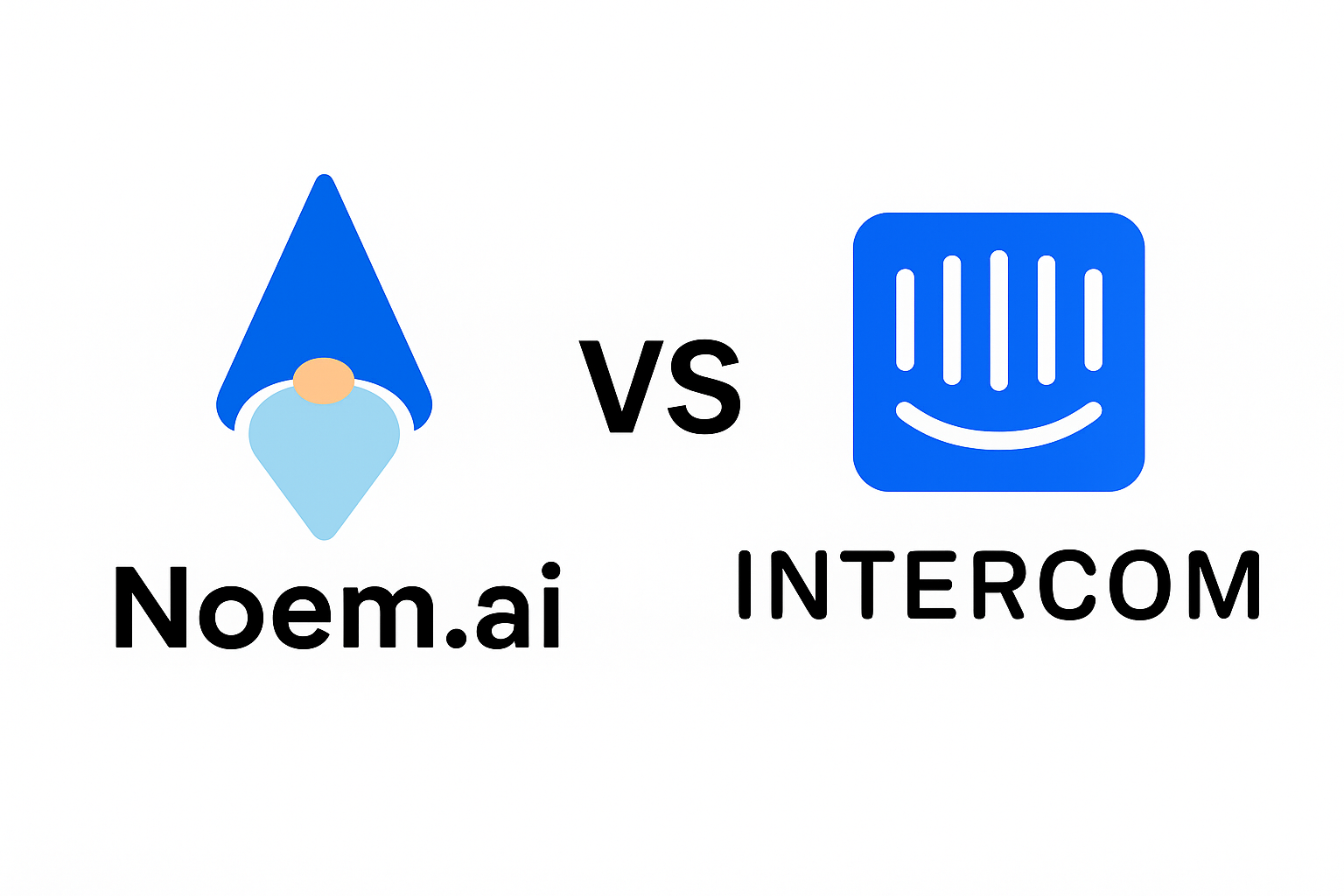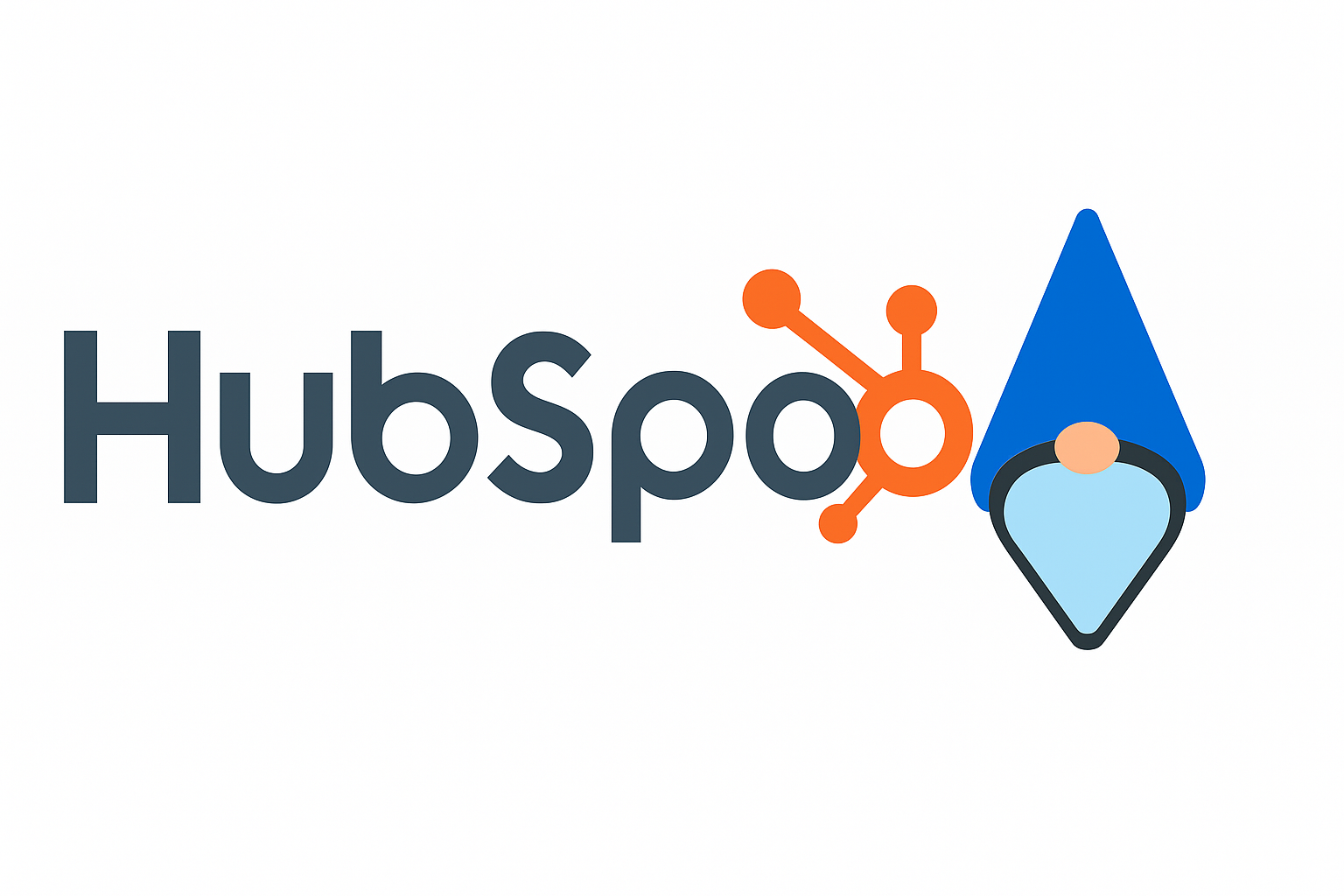Enhanced NLP in AI Agents is rapidly reshaping the way technology interfaces with human users. Natural Language Processing (NLP) refers to the ability of AI systems to understand and generate human language. Recent advancements have made NLP more powerful, leading to significant improvements in how AI agents communicate and interact with people.
Understanding NLP’s Evolution
NLP has evolved from basic text recognition to sophisticated language comprehension. Modern NLP systems, empowered by complex algorithms and large language models (LLMs) like GPT-3 and its successors, grasp context, semantics, and nuanced human emotions. According to Gartner, advancements in NLP have boosted communication efficiency in AI agents by 60%, making them more adept at handling complex queries and offering personalized responses.
These developments have upended traditional user interaction paradigms, allowing AI to engage in conversations that closely mimic human exchanges. By utilizing context-aware understanding, AI agents can infer user intent even if explicit instructions are not given, enhancing the overall quality and effectiveness of responses.
Applications of Enhanced NLP in AI Agents
Customer Service:
– AI agents with enhanced NLP capabilities transform customer service by providing accurate, timely, and context-sensitive solutions. They can initiate and maintain natural conversations, interpret customer sentiments, and offer recommendations for queries quickly. As noted in Forbes, companies employing NLP-driven AI systems have reported a 40% improvement in customer satisfaction ratings.
In call centers, for instance, AI-powered systems can prioritize customer queries, flag urgent issues, and route calls to appropriate departments. By reducing wait times and expediting resolution processes, NLP enhances customer experiences, promotes loyalty, and drives retention rates.
Healthcare:
– In healthcare, AI agents with NLP abilities comprehend complex medical terminologies and patient inquiries proficiently. This facilitates seamless dialogue between practitioners and patients, enhancing both diagnosis and care delivery. With AI systems analyzing patient interactions and feedback, healthcare providers gain insights into health trends and patient satisfaction.
For example, AI-powered chatbots can offer 24/7 assistance to patients, answer frequently asked questions, and even provide reminders for medication intake, thereby optimizing resource utilization while improving patient engagement.
Education:
– Educational platforms leverage NLP to craft personalized learning experiences that match individual student paces and cognitive styles. AI agents assess student performance and dynamically adjust learning materials to offer bespoke content, thus fostering engagement and improving educational outcomes. Through adaptive testing and feedback loops, students receive immediate insights into their progress, which can increase motivation and commitment to learning.
With real-time tracking of student interactions, educators can fine-tune methodologies to meet diverse needs, transforming the learning environment into a more interactive and supportive space.
Challenges and Ethical Considerations
Despite its benefits, NLP also presents challenges, such as ensuring data privacy, understanding language subtleties, and mitigating biases. Tackling these concerns is critical for maintaining trust in AI systems. According to AI Ethics Journal, continuous auditing of models, incorporating diverse datasets, and establishing airtight privacy protocols are fundamental in promoting ethical AI practices.
The use of NLP must also navigate complexities around dialects and linguistic nuances, which may otherwise restrict the inclusivity of AI solutions. Balancing technological advancement with ethical responsibility is vital for widespread acceptance and implementation.
Future Prospects of NLP in AI
The future of NLP in AI agents looks incredibly promising. As research in this field continues, AI systems are set to achieve ever greater levels of understanding and interactivity. With robust NLP capabilities, AI agents will likely become indispensable tools in areas ranging from virtual personal assistants to advanced enterprise management systems.
Personalized virtual assistants will be perfectly equipped to interpret nuanced user requests, offer contextually relevant recommendations, and handle a broad spectrum of tasks. The increasing sophistication in computational linguistics will enable applications across sectors, introducing efficiencies not previously possible.
Forward-thinking platforms like Noem.ai are exemplars in adopting enhanced NLP to create solutions that seamlessly integrate human-like conversation capabilities. By adopting these technologies, businesses can streamline operations, elevate customer service, and drive transformational innovation.
Advancing with Enhanced NLP: Leveraging Platforms for Growth
The horizon of enhanced NLP for AI agents holds incredible promise. As AI continues to evolve, adopting platforms with advanced NLP technologies is essential for businesses aiming to elevate communication and service delivery. By integrating AI systems with robust natural language capabilities, organizations can achieve unprecedented efficiency and user satisfaction.
Platforms such as noem.ai empower businesses by creating AI solutions that excel in human-like interactions. These systems not only manage tasks but also refine the user experience through seamless language understanding and response generation.
Integrating Complementary AI Solutions
Utilizing AI through platforms that complement existing capabilities can further enhance performance. For example, Google Cloud Natural Language API offers extensive NLP functions, like sentiment analysis and entity recognition, which can be integrated to augment an AI’s ability to interpret user inputs (Google Cloud).
Similarly, SpaCy, an open-source library in Python, excels in tokenization and named entity recognition, providing flexibility for diverse NLP tasks in virtual assistant applications (SpaCy). For those seeking a comprehensive toolkit, Stanford CoreNLP offers detailed linguistic analyses, enhancing AI’s ability to understand syntactic and semantic nuances (Stanford NLP).
Adapting to Evolving Needs
With continual improvements in NLP, AI agents can better support business growth by responding dynamically to consumer trends. By leveraging platforms like Amazon Comprehend, which excels in sentiment analysis and entity detection, AI agents can drive actionable insights from extensive text data (Amazon Comprehend).
Moreover, Microsoft Azure’s Cognitive Services offer conversational language understanding, facilitating the development of interactive applications that improve user engagement (Microsoft Azure).
Driving Innovation with Advanced NLP
Exploring these AI solutions positions businesses at the forefront of innovation, equipping them with the tools necessary for success in today’s competitive digital economy. By strategically integrating these technologies, organizations can streamline processes, enhance customer interactions, and boost operational efficiency.
Embracing the capabilities offered by platforms like noem.ai, alongside other AI solutions, bolsters the efficacy of AI systems. This multifaceted approach ensures businesses remain agile and equipped to harness opportunities in an evolving technological landscape.

















